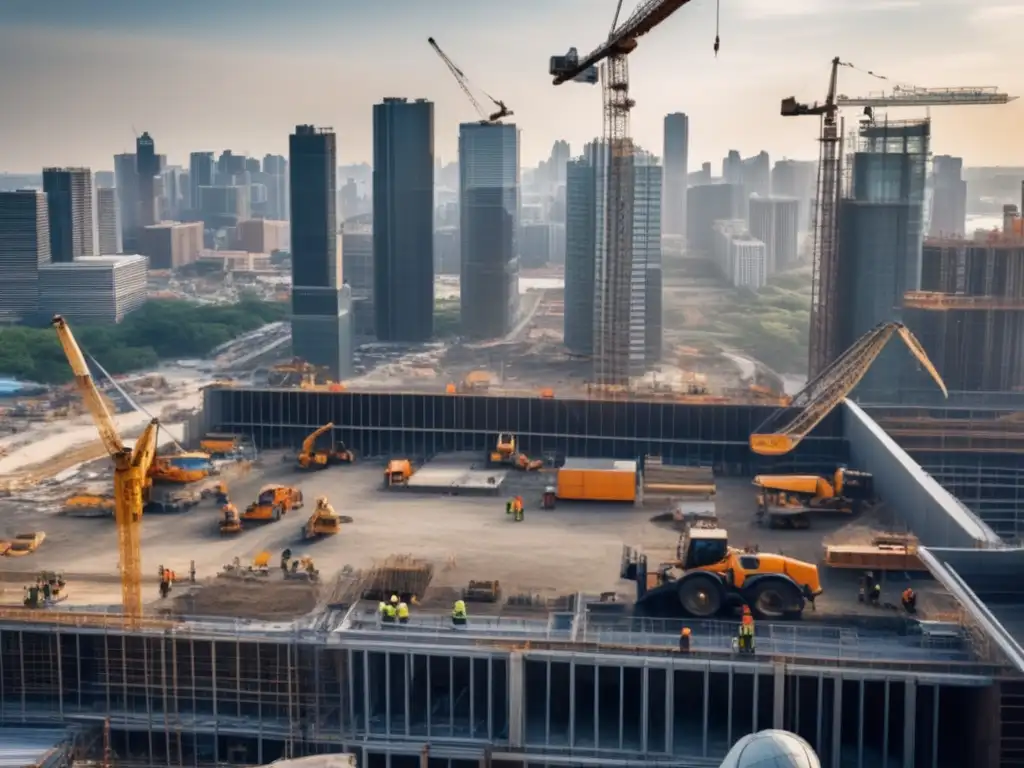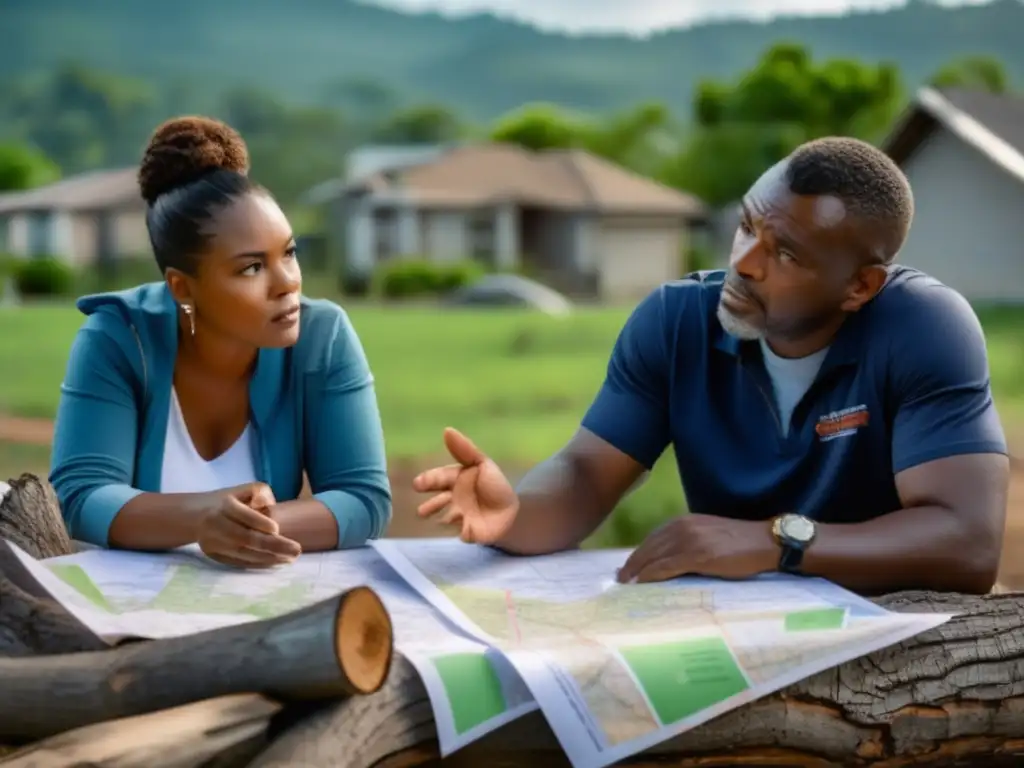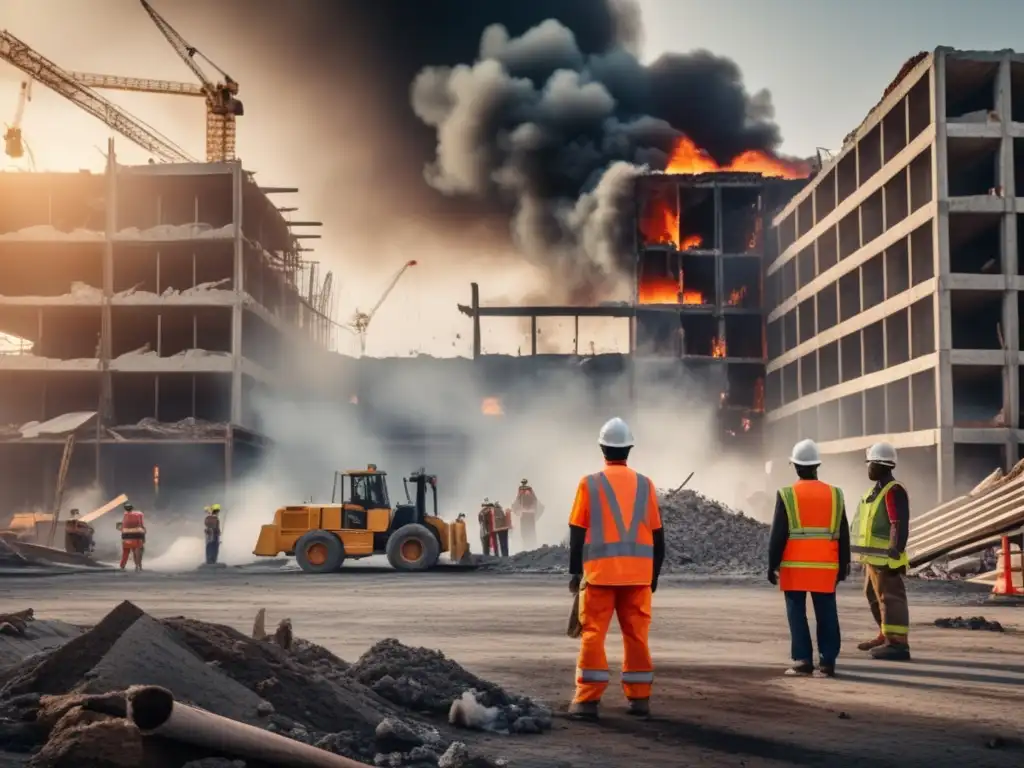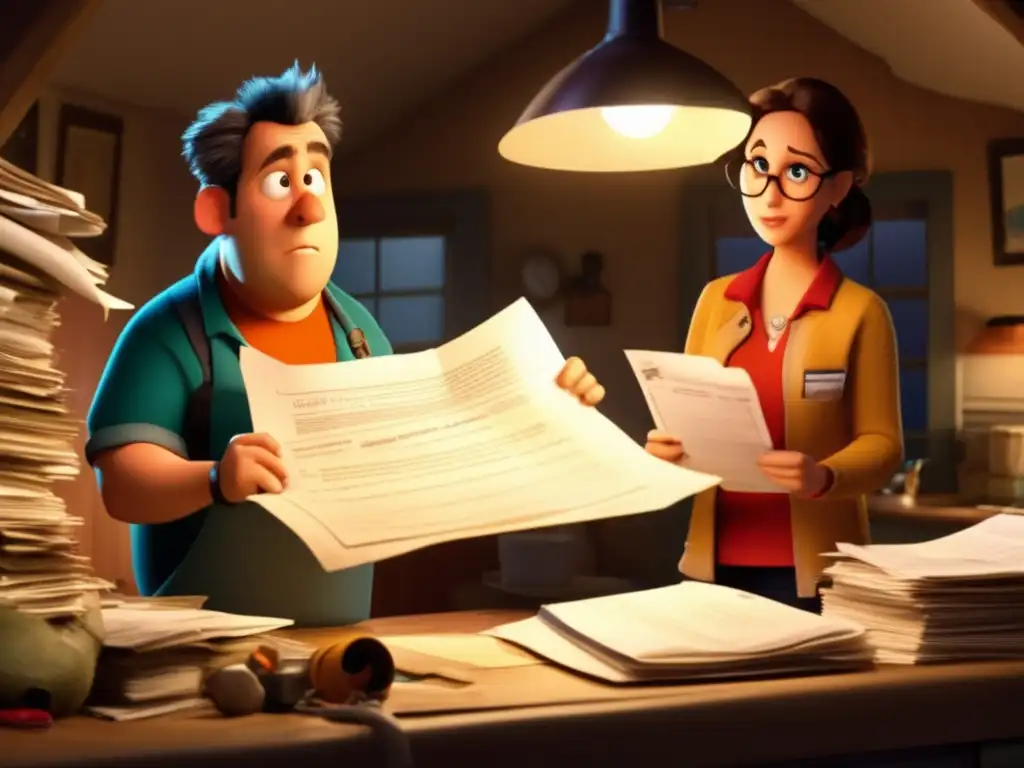Building Codes And Permits: What You Need To Know For Repairs

Building Codes and Permits: What You Need to Know for Repairs
Introduction
After a hurricane hits, the process of repairing homes and businesses can be overwhelming. It is essential to know and understand building codes and permits before starting any repairs. Building codes are a set of standards that regulate the design, construction, and materials used in a building. Meanwhile, permits are documents issued by local governments approving plans and ensuring that those plans comply with the building codes.
In this article, we will discuss everything you need to know about building codes and permits for repairs in hurricane-prone areas.
Why Are Building Codes and Permits Essential?

Building codes and permits are critical components of any post-hurricane repair process. They ensure that the work done is safe and meets current standards. Adherence to building codes and obtaining the necessary permits also helps homeowners avoid legal issues and insurance disputes.
The Importance of Building Codes
Building codes help ensure that buildings can withstand natural disasters like hurricanes. They regulate things such as wind resistance, structural integrity, and flood-proofing. Building codes have evolved over time, particularly in response to catastrophic natural disasters like Hurricane Andrew in 1992. As a result, new building codes are continually emerging, aimed at making structures more resilient to withstand natural disasters.
Building codes also influence the cost of rebuilding after a hurricane. For example, if a home was not properly built to code and it sustains significant damage, it may need to be demolished and rebuilt entirely. This can be costly and significantly delay the repair process.
The Importance of Obtaining Permits
Obtaining necessary permits is a crucial aspect of any post-hurricane repair process. It ensures that the work is up to code and that homeowners are not performing unauthorized repairs or modifications, which could lead to legal issues or insurance disputes.
Permits also help ensure that repairs are safe and structurally sound. They require that a licensed contractor or engineer review the plans and inspect the work, ensuring that it meets building codes and safety standards. Furthermore, permits can also protect the homeowner if the repair work is faulty, leading to an injury.
How to Obtain Permits for Post-Hurricane Repairs

Obtaining permits for post-hurricane repairs can be a complex process. Here are some general steps to follow:
Contact Your Local Building Department
The first step in obtaining permits is contacting your local building department. You may also need to contact other agencies depending on the type of repair. For example, you may need to contact your local zoning board if you're making major changes to the structure, or a state environmental agency if you're near a wetland or coastal area.
Submit the Required Information
After contacting the building department, you will need to submit the required information. This typically includes detailed plans and specifications, along with any necessary permits or licenses. You will likely need to have these plans reviewed by a licensed engineer or architect, who will attest that the plans comply with all relevant building codes.
Pay Any Fees
After submitting the required information, you will need to pay any applicable fees. These fees can vary depending on the project's size and nature, so it's essential to understand what they are before starting the process.
Wait for Approval
Once you've submitted the plans and paid the fees, you will need to wait for approval from the building department. The amount of time it takes to receive approval can vary depending on the department's workload and the complexity of the project.
Begin Repairs
After receiving approval, you can begin repairs as outlined in the approved plans.
Common Permitting Mistakes

Here are some common mistakes homeowners make when obtaining permits for post-hurricane repairs:
Not Obtaining a Permit
The most significant mistake is not obtaining a permit. This can lead to legal issues, fines, and insurance disputes.
Starting Repairs Before Receiving Approval
Starting repairs before receiving approval is another common mistake. This can result in fines and penalties, and the repairs may need to be redone if they do not comply with the building codes.
Using Unlicensed or Unqualified Contractors
Using unlicensed or unqualified contractors is never a good idea. This can lead to shoddy workmanship, which can compromise the safety and integrity of the structure. It can also lead to legal issues and insurance disputes.
Frequently Asked Questions

-
Do I really need a permit for every repair?
While small cosmetic repairs may not require a permit, any significant structural changes or repairs will undoubtedly require a permit. Consult your local building department to determine which types of repairs require permits.
-
How long does it take to obtain a permit?
The length of time it takes to obtain a permit can vary depending on the size and complexity of the project and the workload of the building department. Typically, it can take anywhere from a few days to several weeks to receive approval.
-
What happens if I don't get a permit?
If you perform unauthorized repairs without obtaining a permit, you may face legal issues, fines, and insurance disputes. Additionally, if the repairs are not safe or do not comply with building codes, they may need to be redone entirely.
-
Does my insurance cover repairs that were done without a permit?
It depends on your insurance policy. Some policies may not cover damages caused by unpermitted work. Consult with your insurance provider before starting any repairs.
-
Can I do my own repairs without a permit?
It depends on the type of repairs being done. Some minor repairs may not require a permit, while others will require a licensed contractor to perform the work. Consult with your local building department to determine which types of repairs require permits.
Conclusion
Building codes and permits are critical components of any post-hurricane repair process. They ensure that repairs are safe and meet current standards, help homeowners avoid legal issues and insurance disputes, and contribute to making structures more resilient to natural disasters.
It is essential to follow the appropriate steps and guidelines when obtaining permits for post-hurricane repairs. This helps ensure that the work is up to code, safely executed, and legally authorized. As hurricanes become more frequent and severe, it's essential to prioritize safety and compliance in all post-hurricane repair efforts.
Additional Resources

 Handling Vehicle Damage And Insurance After A Hurricane
Handling Vehicle Damage And Insurance After A Hurricane Creating A Long-Term Recovery Plan After A Hurricane
Creating A Long-Term Recovery Plan After A Hurricane Resources For Mental Health Support Following A Hurricane
Resources For Mental Health Support Following A HurricaneIf you want to discover more articles similar to Building Codes And Permits: What You Need To Know For Repairs, you can visit the Hurricane recovery: category.
Leave a Reply

Articulos relacionados: